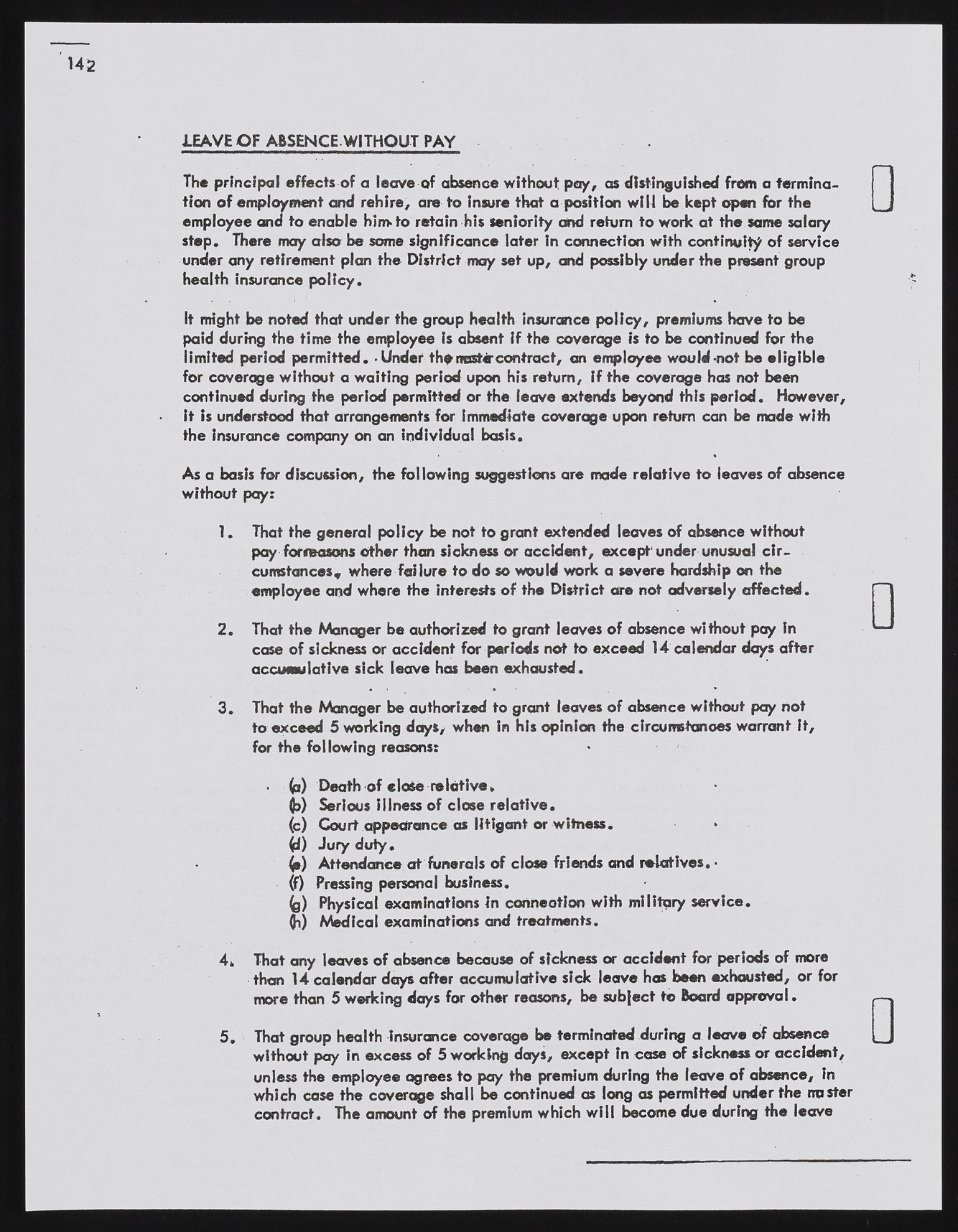Copyright & Fair-use Agreement
UNLV Special Collections provides copies of materials to facilitate private study, scholarship, or research. Material not in the public domain may be used according to fair use of copyrighted materials as defined by copyright law. Please cite us.
Please note that UNLV may not own the copyright to these materials and cannot provide permission to publish or distribute materials when UNLV is not the copyright holder. The user is solely responsible for determining the copyright status of materials and obtaining permission to use material from the copyright holder and for determining whether any permissions relating to any other rights are necessary for the intended use, and for obtaining all required permissions beyond that allowed by fair use.
Read more about our reproduction and use policy.
I agree.Information
Digital ID
Permalink
Details
More Info
Rights
Digital Provenance
Publisher
Transcription
LE A V E O F A&SENCE W IT H O U T PAY The principal effects of a leave of absence without pay, as distinguished from a termination of employment and rehire, are to insure that a position w ill be kept open for the employee and to enable h im to retain his seniority and return to work at the same salary step. There may also be some significance later in connection with continuity of service under any retirement plan the District may set up, and possibly under the present group health insurance p o licy. It might be noted that under the group health insurance p o licy, premiums have to be paid during the time the employee is absent if the coverage is to be continued for the limited period permitted. -U nder the nastir contract, an employee would-not be eligible for coverage without a waiting period upon his return, if the coverage has not been continued during the period permitted or the leave extends beyond this period. However, it Is understood that arrangements for immediate coverage upon return can be made with the insurance company on an individual basis. As a basis for discussion, the following suggestions are made relative to leaves of absence without pay: 1. That the general policy be not to grant extended leaves of absence without pay forreasons other than sickness or accident, except'under unusual c ircumstances* where failure to do so would work a severe hardship on the employee and where the interests of the District are not adversely affected. 2 . That the Manager be authorized to grant leaves of absence without pay in case of sickness or accident for periods not to exceed 14 calendar days after accumulative sick leave has been exhausted. 3 . That the Manager be authorized to grant leaves of absence without pay not to exceed 5 working day*/ when in his opinion the circumstances warrant it, for the following reasons: • (a) Death of close relative. $>) Serious illness of close relative. (c) Court appearance as litigant or witness. fcf) Ju ry d u ty. (» ) Attendance at funerals of close friends and re la tive s.- (f) Pressing personal business. (g) Physical examinations in connection with military service. (i ) Medical examinations and treatments. 4 . That any leaves of absence because of sickness or accident for periods of more than 14 calendar days after accumulative sick leave has been exhausted, or for more than 5 working days for other reasons, be sub{ect to Board approval. 5 . That group health insurance coverage be terminated during a leave of absence without pay in excess of 5 working days, except in case of sickness or accident, unless the employee agrees to pay the premium during the leave of absence, in which case the coverage shall be continued as long as permitted under the npster contract. The amount of the premium which w ill become due during the leave

